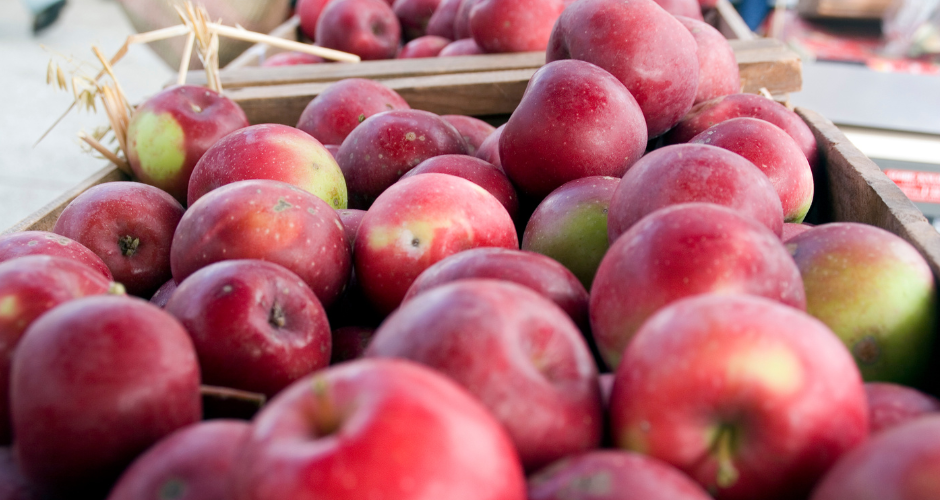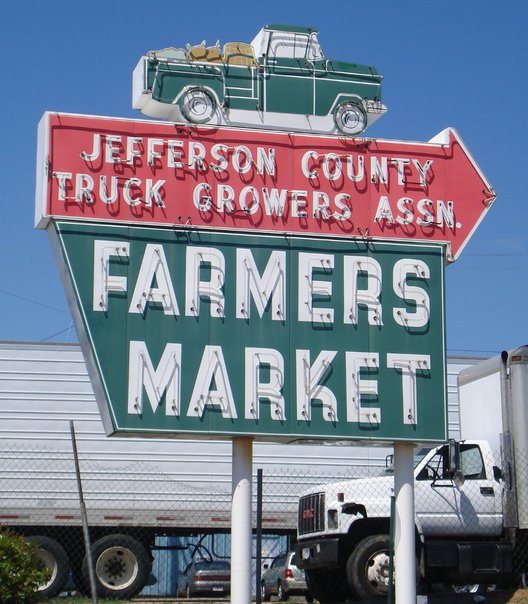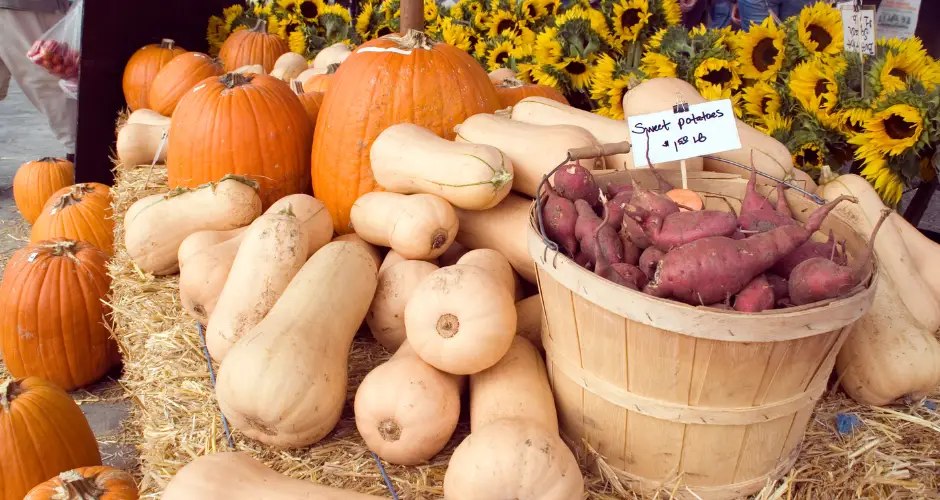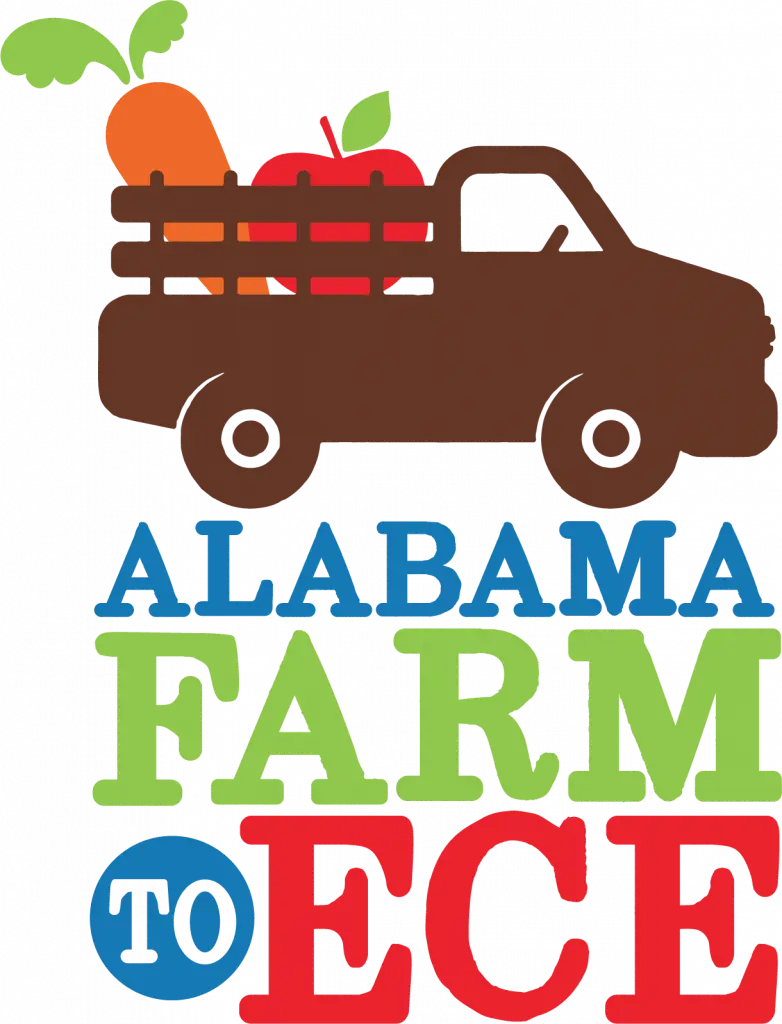This article has been written by Alicia Jordan, a partner of the Alabama Farm to ECE Coalition. Alicia is a dedicated small farmer with a passion for sustainable agriculture and community engagement. As the owner of Boots on the Farm Consulting, LLC, she combines her background as a former early childhood education teacher with her love for the land to nurture growth in both crops and young minds.
A trip to the farmers market is more than just a chance to pick up fresh, local produce—it’s an opportunity to build connections with the people who work hard to grow the food we enjoy. Meeting farmers face-to-face can transform a simple shopping trip into a meaningful experience that benefits everyone involved.
When you take the time to talk to farmers, you learn more about where your food comes from and the effort that goes into producing it. Many farmers are eager to share stories about their crops, their farming practices, and even the challenges they face. These conversations provide a deeper appreciation for the fresh produce, meat, or dairy items you take home.

Establishing a relationship with farmers also helps foster a sense of community. It’s rewarding to return to the market and be recognized by name, or to hear about new items they’ve brought just because they thought customers like you would enjoy them. These interactions can lead to valuable insights, like learning which fruits are sweetest this season or the best way to cook a particular vegetable.
Building these relationships also supports the farmers themselves. Knowing they have loyal customers who care about their work can make a big difference to small-scale producers. It’s a reminder that their hard work is valued, and it encourages them to keep bringing high-quality, sustainably grown food to the market.

Next time you visit a farmers market, take a moment to engage with the farmers. Ask about their products, the best way to use them, or how the growing season is going. These simple conversations can enrich your market experience, deepen your understanding of local agriculture, and support the farmers who are an essential part of the community.

